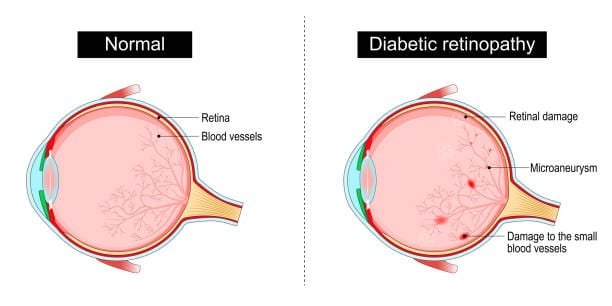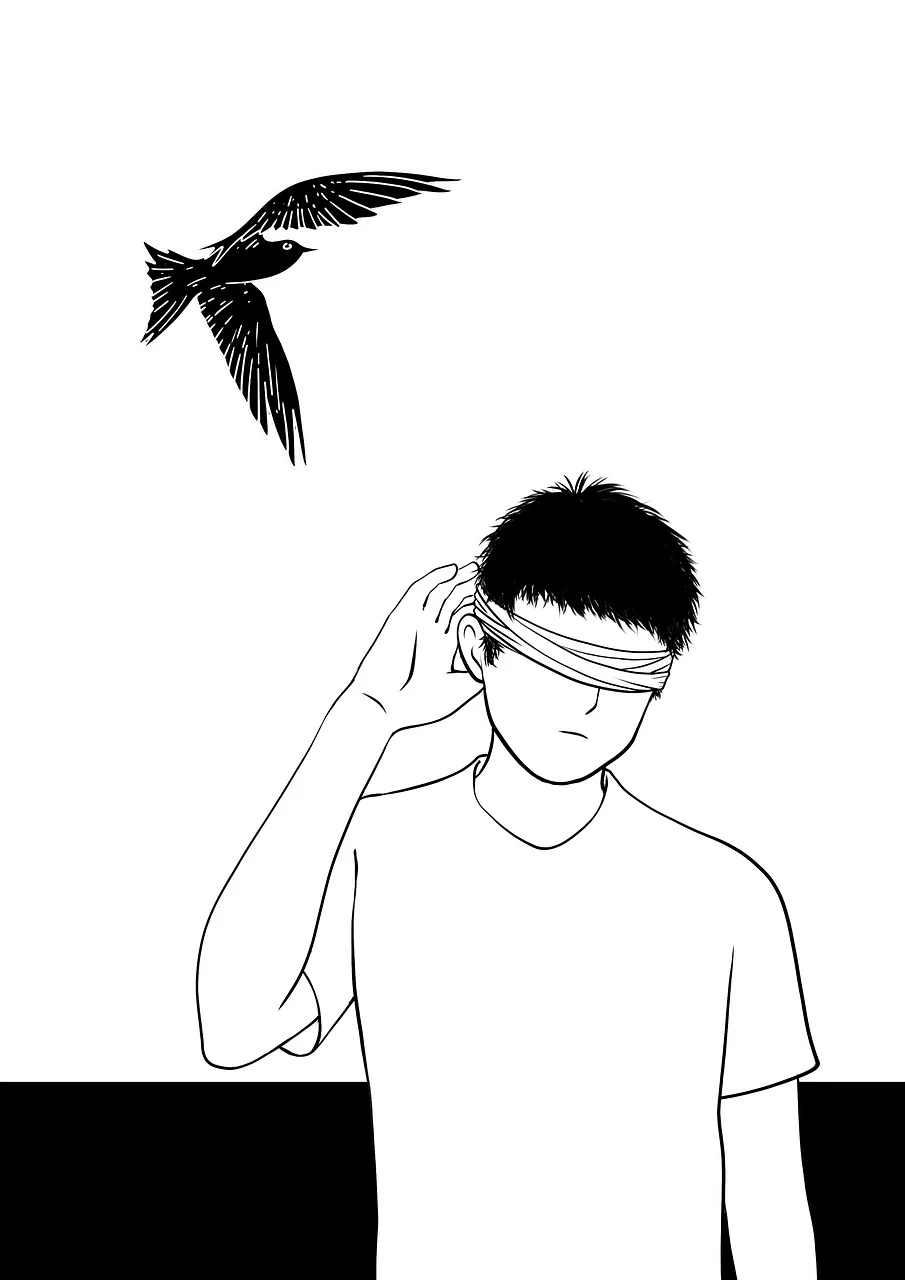Introduction

Blindness, as this paper refers to the condition, is the diminished ability that a person has to see. According to British researcher Roger Porter, blindness is “a condition wherein the eyes have lost a great amount of vision that cannot be corrected by any form of medical treatment or glasses or contact lenses.” Partial or total loss of one or both eyes has resulted from various causes, including genetic factors, diseases, injuries, and environmental factors. The prevention or management of blindness calls for knowledge of the cause and effect of genetics as well as diseases and accidents.
Causes of Blindness
Blindness can be caused by a number of issues, which range from different effects on the eye. The primary causes include age-related conditions, injuries, some natal conditions, and genetic disorders.
Age-Related Conditions
This category entails conditions that affect the elderly, such as age-related macular degeneration, cataracts, and age-related diabetic retinopathy.
Cataract: Cataracts are probably the most common cause of blindness and refer to any form of clouding of the natural lens inside an eye that eventually leads to progressive loss of vision. The majority of the cataracts that develop are related to the aging process, and most are possible to be treated with surgery.
Macular Degeneration: The disease affects the macula, which is the central part of the retina, and it is an important cause of blindness in the elderly. The symptom that results from this is the loss of central vision, thus the difficulty in reading or recognizing one’s own family.
Glaucoma: Glaucoma is a group of eye conditions that damage the optic nerve, which is typically caused by damage to the eye’s optic nerve due to an increase in pressure. If left untreated, it will lead to irreversible loss of vision and often starts at the periphery.
Injuries and accidents
Eye injuries often involve trauma caused by accidents, burns, and foreign bodies. Some injuries may cause acute vision loss, while others progressively damage the tissues of the eye. Certain factors that put one at risk of suffering from eye injuries include unsafe or hazardous workstations.
Genetic Factors and Inherited Conditions
Some blindness is due to genetic predispositions. Retinitis pigmentosa (RP) is probably the most common known hereditary condition, which begins with insidious loss of vision and ends in complete blindness after many years. It is generally a disease of the retina.
Leber Congenital Amaurosis: This is an extremely rare congenitally inherited disorder that results in severe loss of vision or complete blindness at birth. The retina is involved, and it often presents clinically in the first year or two of life.
Achromatopsia: A condition where people are born color blind and with vision loss due to a mutation in the genes affecting cones in the retina
Diseases and Medical Conditions

There are diseases and medical conditions that may cause blindness by either impairing the nervous system or even by damaging the eyes. Some of them include:
Diabetic retinopathy is the complication that occurs with diabetes to cause damage to the blood vessels of the retina, which could lead to blindness if not managed properly.
Retinopathy of Prematurity: It is a disease of premature babies in which abnormal blood vessels grow in the retina. These can cause detachment of the retina and blindness.
AIDS and HIV: In advanced cases, these viral infections sometimes cause vision impairment through opportunistic infections such as cytomegalovirus retinitis.
Causes of Blindness
The causes of blindness differ according to cause and severity. Some common causes as well as early warning signs of blindness include:
Blurred vision: Sudden or gradual loss of clarity in the image.
Night blindness: usually shows as cataracts or conditions such as macular degeneration.
Blind spots: Shows in diseases such as glaucoma or retinitis pigmentosa.
Eye pain or tenderness: sometimes related to injury or infection.
Color blindness: Shows in diseases like achromatopsia.
Symptoms may progress gradually over time or may come on severely with a sudden loss of vision, particularly if it is the result of trauma or some diseases, such as diabetic retinopathy.
Genetic Factors in Blindness
Genetics play an important role in many types of blindness, especially in inherited retinal diseases. Genetic mutations can affect any part of the eye: retina, lens, or cornea. Retinitis pigmentosa (RP) is a hereditary condition where mutations in over 50 different genes lead to progressive degeneration of the retina. Over time, night blindness and peripheral vision loss are mainly felt as total blindness.
Other conditions, for example, Leber Congenital Amaurosis (LCA), are autosomal recessive, which means if both parents are carrying the defective gene, the child is likely to be born with the problem. Genetic testing and counseling, therefore, can be used in the diagnosis and explanation of the risk of inherited blindness.
Accidental and Environmental Factors
A vast portion of all blindness can be attributed to environmental factors and accidents. Construction and manufacturing workers, as well as miners, encounter a greater number of potential injuries to the eyes.
Some examples of accidents are chemical exposure, flying particles, and sharp objects into the eyes, which may damage the eyes. Another reason is because of lifestyle choices—people who live in areas with UV rays from the sun over time may suffer from either cataract or retinal damage. Most of these preventable accidents occur with proper protective eyewear.
Conclusion

Blindness is a multifactorial condition that, among others, involves other age-related diseases, genetic disorders, injury, and environmental causes. Prevalent or resultant effects of many causes of blindness can be hindered, especially in the case of age-related causes such as cataracts and glaucoma, with timely diagnosis and proper treatment. Genetic testing becomes important in the diagnosis of heritable retinal diseases. High public awareness about safety measures, regular checkups, and proper management of diseases such as diabetes would significantly reduce the risk of blindness.



